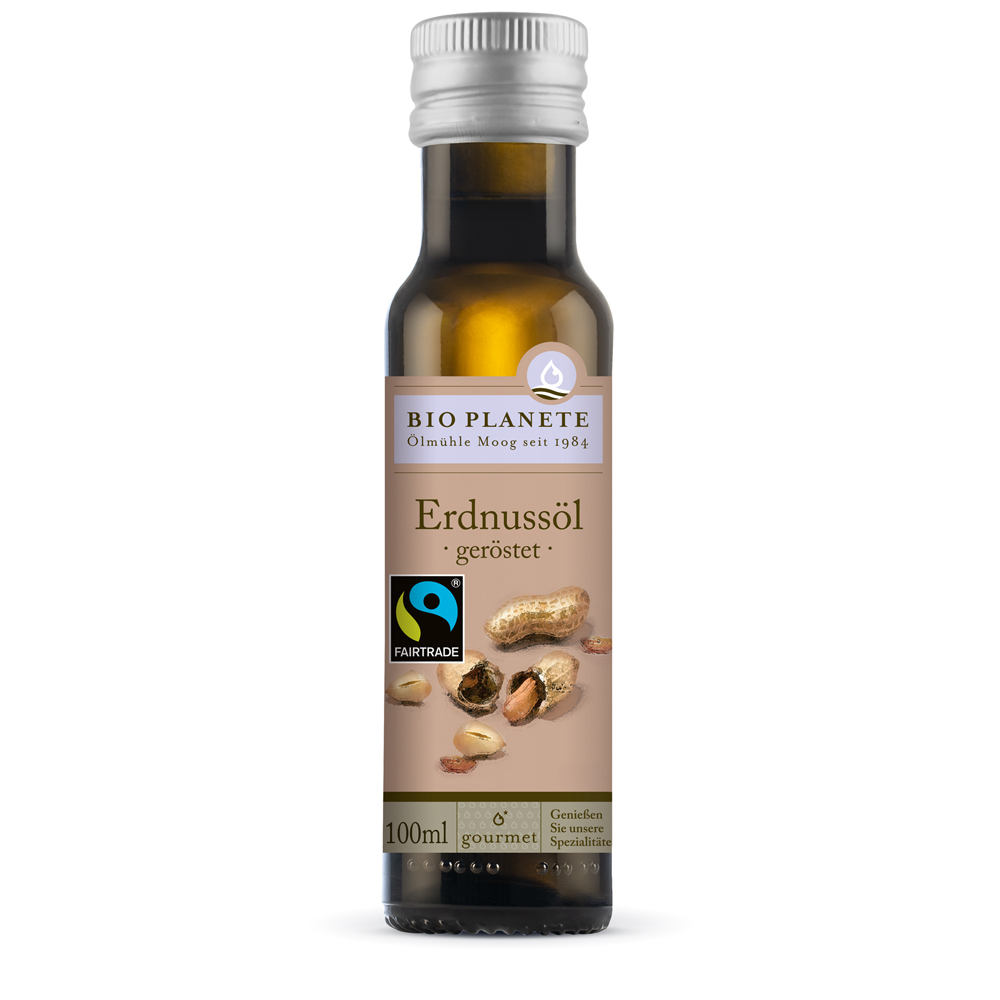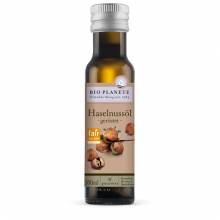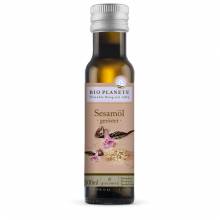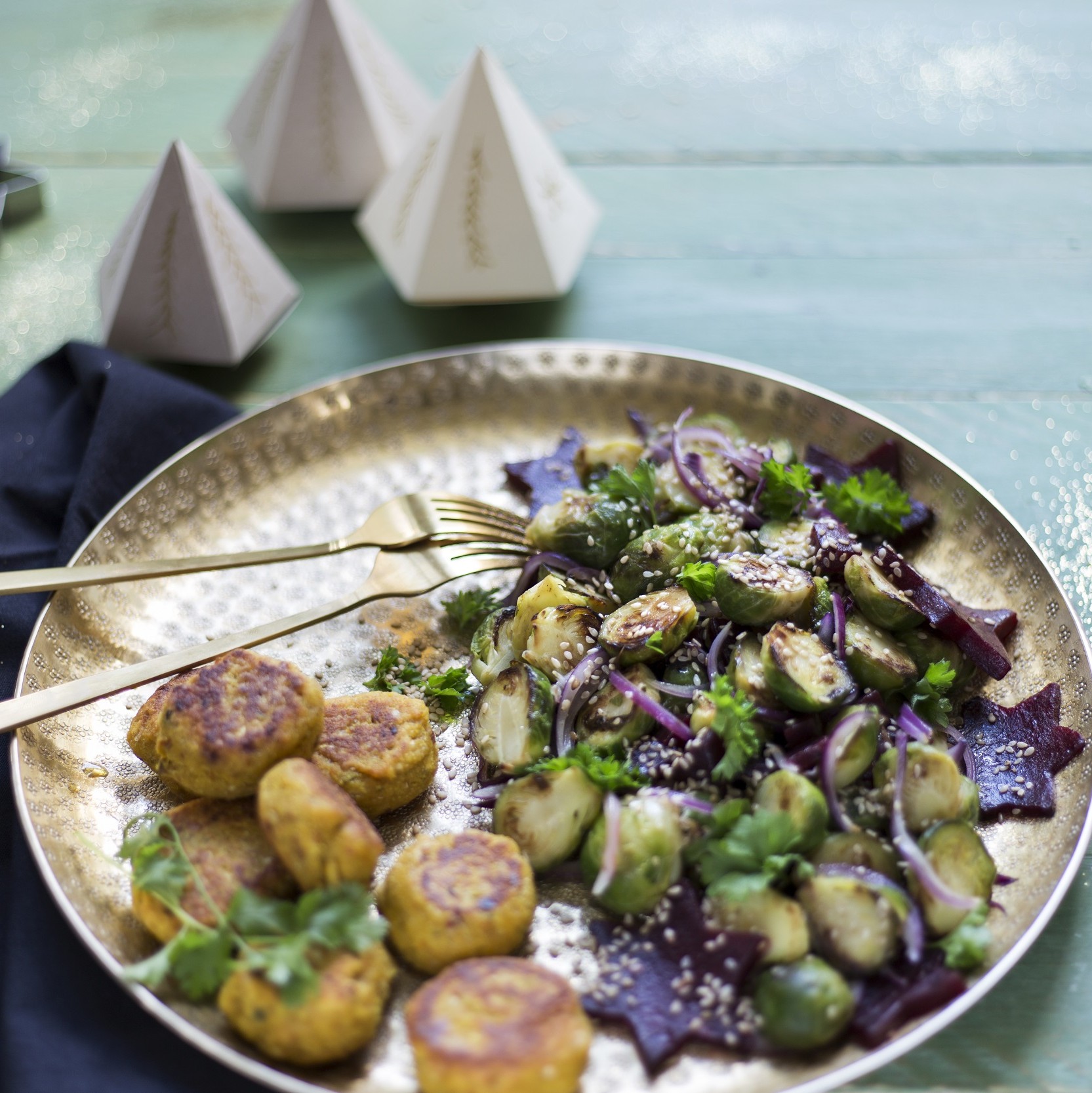Peanut Oil
· Toasted ·
100 ml
BIO PLANÈTE Toasted Peanut Oil is exclusively pressed from Fairtrade peanuts from selected Chinese farmers.
Thanks to the Fairtrade project, we can ensure that local small farmers receive modern equipment, access to agricultural knowledge and fair prices for their organically grown peanuts. This form of partnership enables local investment and sustainable structural and economic improvements.
The oil is pressed from 100% Fairtrade certified peanuts. Certified by the Swiss Max Havelaar Foundation, we can thus offer our customers a Fairtrade Peanut Oil that meets the highest ecological and social standards. More information at www.info.fairtrade.net
Recipe ideas and use of Toasted Peanut Oil
Toasted Peanut Oil is excellent for frying and baking, especially for wok dishes and in Asian cuisine. Compared to other frying oils, it is rich in unsaturated fatty acids and gives a wonderful peanut flavour with a roasted aroma to a wide variety of dishes.
The nutty, exotic scent of peanuts is ideal for meat, fish and vegetables. But also desserts, pastries (cookies and muffins), fried potatoes and cold dishes get a great flavour from BIO PLANÈTE Peanut Oil.
You can also try our Virgin Peanut Oil and the Oil Mixture for Wok dishes.
Product of organic farming
Average nutritional analysis for 100 ml
** % of daily reference intake (adults)
-
Where does the vitamin E come from? Was it added to the oils artificially?
Vitamin E occurs naturally in cold-pressed cooking oils because the plants make this vitamin and, due to its chemical properties, it passes to the cooking oil during cold pressing. Incidentally, the following are especially high in vitamin E: natural Sunflower Oil, natural Safflower Oil and natural or roasted Almond Oil.
-
What conditions and standards are behind the organic seal on our oils?
An organic seal is a quality and test seal with which products from organic farming are marked. In 2010, a binding new organic seal was introduced throughout the EU, also known as the EU organic logo, which identifies food from organic farming (a star-shaped leaf on a green background).
This seal replaced the German state organic seal (green hexagon with "BIO" lettering), which had existed since 2001, with the same standards in terms of content. Due to the high degree of popularity of its predecessor, both seals are still often used today.
The use of this certification is strictly regulated by the publisher and is subject to ecological requirements. Compliance with the criteria by producers is ensured by a documentation obligation as well as regular sampling and examination of product samples. Compliance with the regulations is monitored in Europe by the responsible Eco-Control bodies.
Foods labelled with the organic seal must, among other things:
• Not be produced by or with/from genetically modified organisms
• Not to be produced with the use of synthetic pesticides
• Contain no more than 5% conventionally produced components (in exceptional cases, if ingredients are not available in ecological quality, in accordance with Annex VO)
• not contain sweeteners and stabilisers as well as synthetic colourants, preservatives and flavour enhancers
• not result from monotonous crop rotations (two-, three- and four-field farming)
• and much more: more information on the EU Organic Label -
Can I use the oil even after the expiration date?
We can no longer guarantee the oil's perfect quality after its best before date.
In the interest of sustainability, however, we would like to point out the following: vegetable oils do not belong to the group of very sensitive foodstuffs and can usually still be consumed after the best-before date. This is especially true if the bottle is still sealed and it has been stored away from heat sources. Therefore, we recommend using your senses to test the oil before disposing of it. Oil that has been stored for too long can be easily recognized by smell and taste. If it tastes rancid or unusual (off), it should not be consumed. -
How do I remove the labels from the jars and bottles?
Since we use oil-soluble glue for the labels, the best way to remove the label from the coconut jars is with oil. Simply coat the label with oil, let it absorb overnight and peel off easily in the morning. However, if the label is already off and only the glue is on it, this method doesn't work as well. In this context, we have been told of positive experiences with orange oil cleaner, such as from AlmaWin or Sodasan. Another option is a hair dryer - because heat also loosens the label well.
Get more suggestions at Upcycling & Creative. -
What does the Fairtrade seal on food mean?
The Fairtrade seal is probably the best-known certification for goods that originate from fair trade and that have been produced in compliance with certain social, ecological and economic criteria.
The seal enables small farmers' cooperatives to achieve stable prices and long-term trading partnerships. Both farmers and employees on plantations receive an additional Fairtrade premium for community projects. The standards also contain criteria on democratic organisational structures, environmental protection and safe working conditions. The controls are carried out by the certification company FLOCERT.
More information can be found on Fairtrade website.









